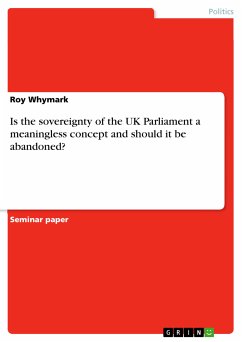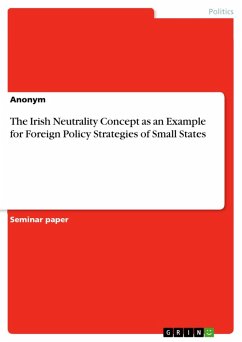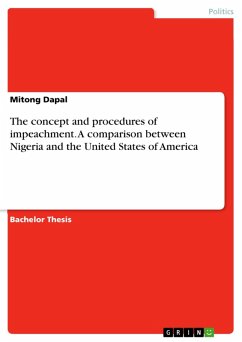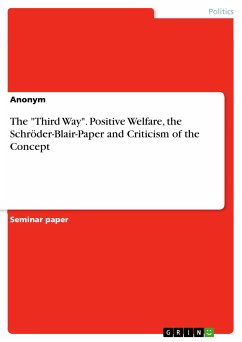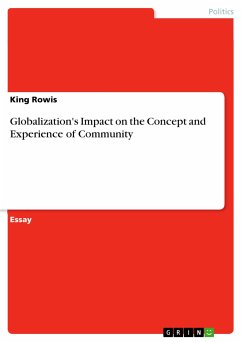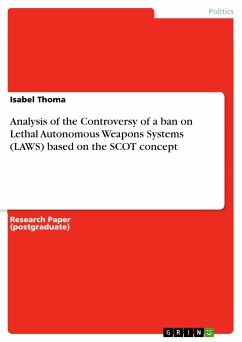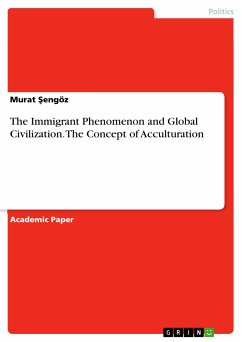Seminar paper from the year 2011 in the subject Politics - Region: Western Europe, grade: 77%, Birkbeck, University of London (University of London), course: Contemporary British Politics, language: English, abstract: This paper considers whether the concept of 'parliamentary sovereignty' is a reality in the modern United Kingdom. To frame the boundaries of this essay, 'parliamentary' is taken as referring to action taken by the Westminster-based tripartite authorities of the House of Commons, the House of Lords and the British monarchy. Since an incontrovertible definition of 'sovereignty' is more difficult, I turn to Dicey (1915) who uses two criteria. Firstly, Parliament has 'the right to make or unmake any law', and secondly 'no person or body is recognized by the law of England as having a right to override or set aside the legislation of Parliament'. Taking these together, I define 'parliamentary sovereignty' as a concept which considers that the Westminster Parliament has complete control over the legal affairs of the UK and that no individual or body can override any Act of Parliament. This also incorporates the Diceyan concept that no Parliament can bind its successor. In recent decades, the reality of parliamentary sovereignty has been increasingly questioned due to a number of constitutional changes. In particular, this paper considers the impact on parliamentary sovereignty of: (i) membership of the European Union; (ii) the passing of the Human Rights Act; (iii) the changing role of the judiciary; and (iv) devolution.
Dieser Download kann aus rechtlichen Gründen nur mit Rechnungsadresse in A, B, BG, CY, CZ, D, DK, EW, E, FIN, F, GR, HR, H, IRL, I, LT, L, LR, M, NL, PL, P, R, S, SLO, SK ausgeliefert werden.

